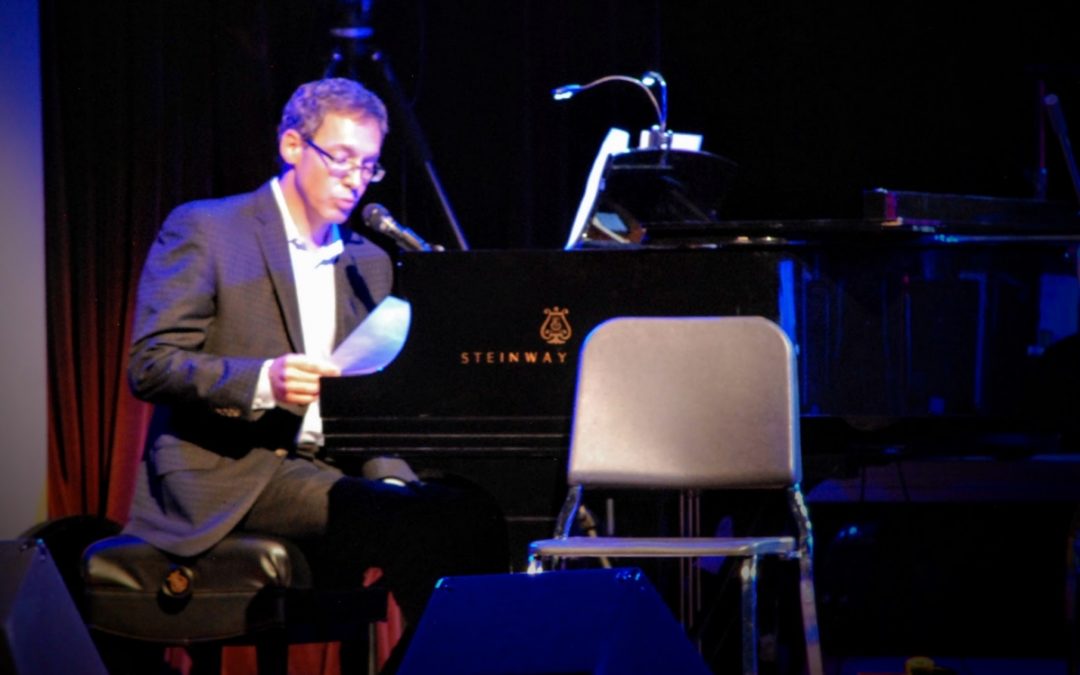Lee Camp hosted the Tokens show “On Memory” during the Christian Scholars Conference at Lipscomb University on Thursday night in Collins Alumni Auditorium.
Created in 1981, this conference calls for a Church of Christ community to gather and create a dialogue between scholars.
The idea of “nostalgia” was interwoven throughout the Tokens show, including readings from Marie Howe and her book of poetry.
“Nostalgia challenges us to recall memories we don’t want to remember,” Camp said.
Howe described what different moments of her past felt like and looked like. These memories, though sometimes painful, stirred up emotions not only from the audience but also from composer Stephen Lamb.
Lamb, inspired by Howe’s new book, “Magdalene,” composed a symphony in reaction to one specific poem. Involving a string quartet and a special singing appearance by Cindy Morgan, Lamb led the group in bringing Howe’s words to life.
Performances also included multiple songs by “Most Outstanding Horeb Mountain Boys” and solo acts from Buddy Greene. Greene is known for the widely spread song, “Mary, Did You Know?” as well as his talent for harmonica and guitar.
Each set incorporated a “feeling” of the past, opening discussion to show the importance of remembering and feeling the past, but at the same time to realize all the opportunities that we are presented with “now.”
Camp reminded the audience that it is important to be rooted in the linear pattern of God, a pattern called “God’s Great Time” or eternity.
Camp noted that the past, present and future are all now — in this pattern humanity has a larger identity than what our past has allowed us to have, and this is why it is important to recognize events of the past but not let identity reside in them.
“Finding this sense of identity in God, we are able to bring a certain richness that frees linear time to be what it can be and not what it cannot,” Camp said. “Or, we might say, finding our identity in God allows the haunting memories to become hallowed ones, allowing us to be who we could not be, would not be, otherwise.”
Photo by Erin Franklin

